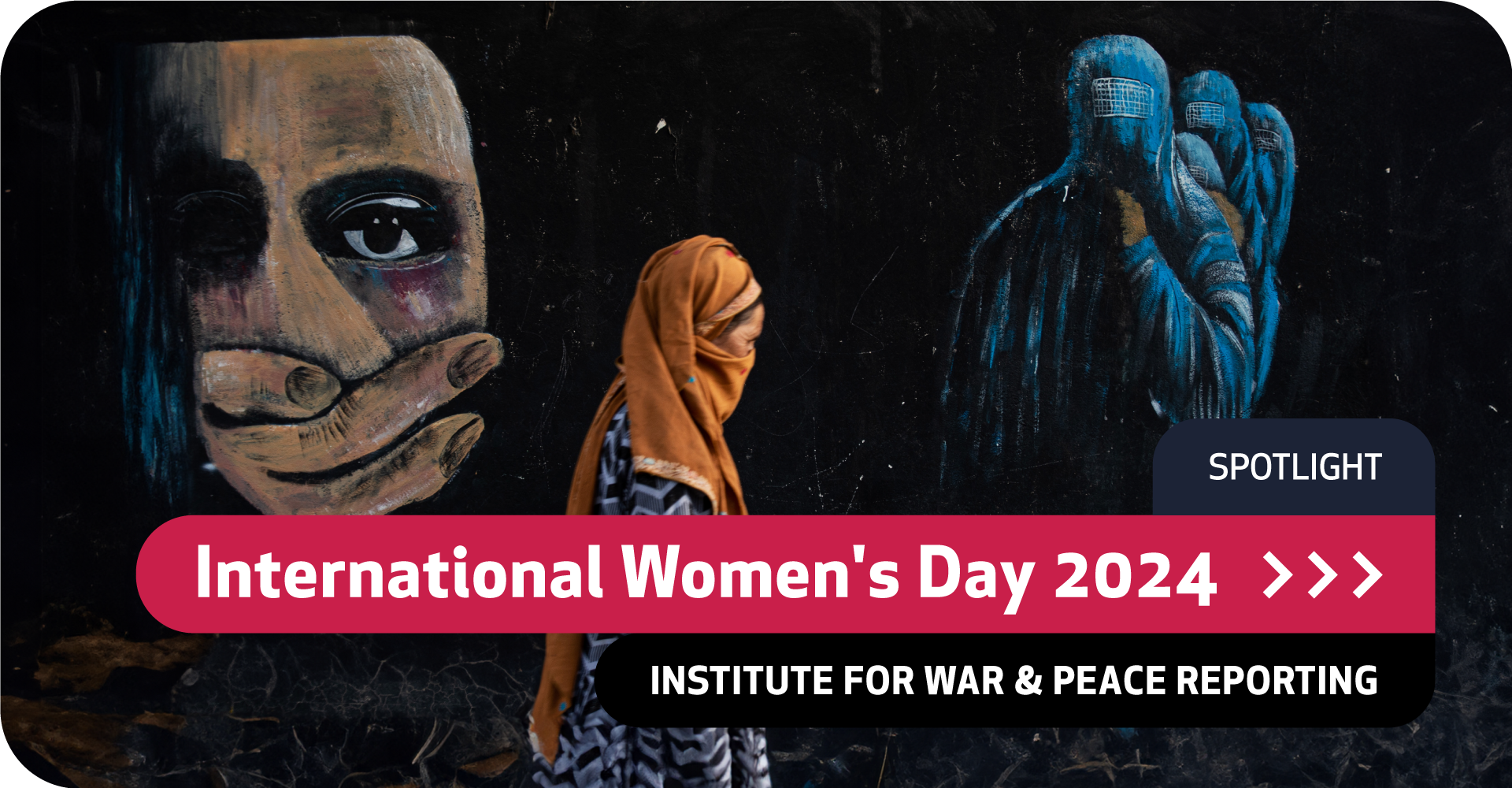Tanzania: How Fetching Firewood Risks Women’s Lives
In rural areas, collecting fuel is not only exhausting, but leaves women vulnerable to violence and sexual abuse.
Three years ago, Mariam Thomas was on one of her regular long walks to gather firewood outside her village of Namakwekwe on the Tanzanian island of Ukerewe.
Heavily pregnant with her tenth child and exhausted, having walked kilometres into the bush in search of fuel, she suddenly began to experience contractions.
Thomas, now 45, chuckles nonchalantly now as she recounts how she took shelter under a bush and delivered her own baby.
"I almost lost the child because I did not know what to do next and did not have spare khanga [covering cloths] to cover the baby," she continued, recalling how some women passing nearby heard the cries of the newborn and rushed to help her.
"Most women here are raised with the belief that issues such as fetching firewood are just their responsibility.”
Women in rural Tanzania often must spend many hours a week collecting firewood to fulfil their daily domestic needs, sometimes walking up to ten kilometres to collect enough for just one day. They warn that not only is this time-consuming and exhausting, but that these forays into the bush leaves them vulnerable to sexual assault.
Mariam Abdalla, a resident of Mkuranga in eastern Tanzania, was raped while fetching firewood in 2016, just three months after her wedding.
"I went to fetch firewood alone,” she recalled. “As I was gathering, I suddenly found myself surrounded by two men who threatened me into silence, warning that they would harm me with a machete if I made any noise.”
"They both raped me,” she continued. “After they finished, they run away. I could not remember either of them, especially since I was new to the village. When I returned home without the firewood, my husband could not understand. When I told him about the rape, he beat me, sent me back to my parents, and that was the end of our marriage.”
“When I told him about the rape, he beat me.”
Siwema Mweboye, another Namakwekwe resident, said that she was so concerned about falling pregnant as a result of rape in the forest that three years ago she secretly visited a clinic to be sterilised.
In their culture, she continued, it was women’s sole responsibility to gather firewood, while men took pride in the number of children they fathered. She has seven surviving children, having lost nine others in infancy.
“Men are not concerned about whether you are pregnant or not,” she continued. “They consider our duties as giving birth, cooking for them and looking after the children while they go fishing.”
She was happy that her husband has yet to realise why she is not pregnant again, although he continued to harass her to have more children.
Alternative Fuels
Aginatha Rutaza is the executive director of Tusonge Community Development Organisation, based in a region near the Kenyan border. She said that the NGO frequently dealt with cases of women being abused while fetching firewood.
"Most women here are raised with the belief that issues such as fetching firewood and various household activities are just their responsibility,” she said. “However, the task of gathering firewood often puts women's lives at risk and increases domestic violence. We recently received a case of a woman who was severely beaten by her husband because she was delayed returning home from the bush.”
Rutaza emphasised that one way of addressing the problem was to support rural communities with access to clean cooking energy.
Sophia Donald, executive director of the Sauti ya Wanawake Ukerewe (The Voice of Women in Ukerewe), agreed, noting that tradition dictated that women and girls were the ones tasked with fetching firewood.
“One day I shed tears when I came across a woman who had walked for three hours while carrying a small bunch of firewood that was not even enough to cook a single meal for her family,” she recalled.
Donald said that her organisation had embarked on a campaign to promote more sustainable cooking sources as a way of mitigating this problem. Part of this will include discussion of waste management and stoves that consume less firewood.
Other NGOs are also looking for alternatives to firewood gathering.
Baraka Machumu is the founder and managing director of the Green Conservers organisation.
He recounted how in 2015 he had visited Ukerewe District and learned about the case of a 15-year-old girl who was raped in the bush and got pregnant while looking for firewood.
She was forced to leave school and her dreams of a better education were shattered.
"This made me come up with the idea of making an alternative source of cooking energy to help vulnerable women and girls,” Machumu said.
He has established a small factory to make cooking energy using coconut shells, plastic bottles and food leftovers.
“We have also provided recycling training - such as briquette making and alternative furniture making - social entrepreneurship skills and financial management skills to women and youth to help them start their own businesses,” he said.
So far, more than 60 women from Namakwekwe village have benefited from these schemes.
The government has also vowed to take action. In November 2023, Tanzanian president Samia Suluhu Hassan announced the formulation of a multi-agency taskforce to create a national roadmap and strategy for a transition to clean cooking. The goal is that at least 70 per cent of Tanzanians will use clean cooking technologies by 2032.
All government institutions serving at least 300 persons such as schools, hospitals and prisons were given a year to switch to cleaner cooking technologies.

